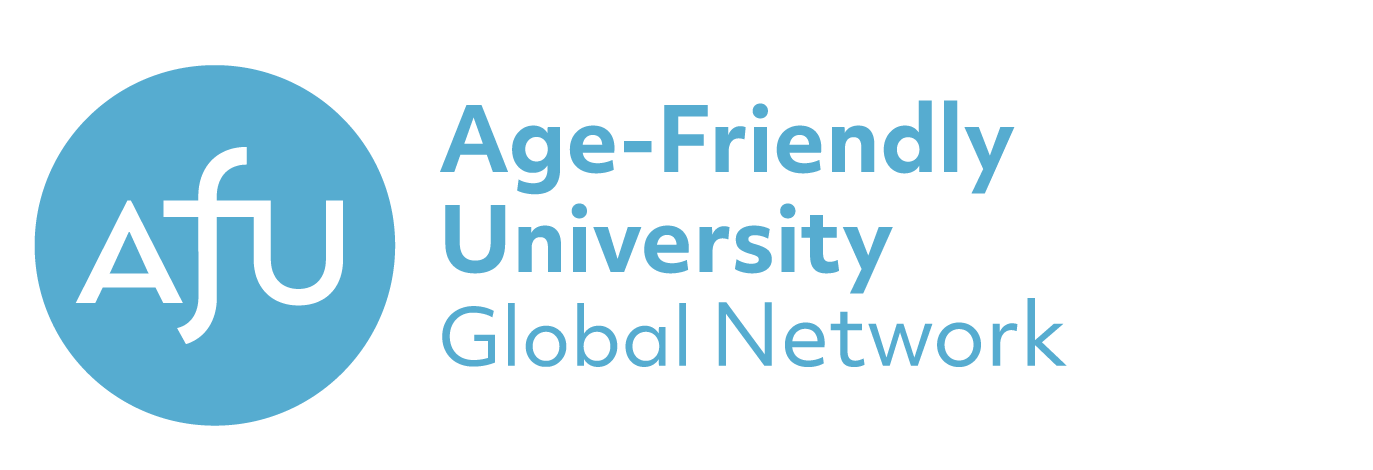Mentally Incapable of Making End of Life Care Decisions
Mr. Tse, a 70-year-old man, was brought to hospital and admitted to the medical ward by his son. Mr. Tse complained of not being able to swallow. He lived alone, had a history of drinking many cans of beer, and his son visited him occasionally. The history of the swallowing problem was uncertain. He appeared emaciated. An OGD was carried out and a tumour obstructing the oesophagus was found. The surgical team concluded that Mr. Tse was too frail to undergo any palliative stenting procedure. The Medical Oncology team recommended that a course of chemotherapy might be tried, but that his nutritional status should be optimized first. His body mass index was 12 kg/m2 and he was unable to ambulate, being dependent for the basic activities of daily living.
In the meantime a nasogastric tube was inserted since Mr. Tse was unable to tolerate any food. However, he kept pulling the tube out and had to be restrained. Several conversations with Mr. Tse were attempted to elicit his preferences. Conflicting stories were obtained: sometimes he wished to do whatever the doctors recommended; sometimes he wanted to eat chicken and demanded this; sometimes he refused all treatment and wanted to be left alone. His son was consulted for an opinion on his feeding method, but was unsure what to do. After a few weeks a Mini Mental State Examination was carried out, revealing a score of 10.
How would ethical considerations guide the management of this patient?
---------------------------------------------------------------------------------------------------------------
Themes: nutrition and hydration, dementia, decision-making capacity, substituted judgement, cancer
- Dr. Christopher Lum, Consultant Geriatrician, Shatin Hospital
The case of Mr. Tse posed an ethical dilemma for clinical care and management. Most specialty textbooks focus on disease treatment and doctors are trained to treat a disease or a single problem. Thus the Oncology team recommended that “a course of chemotherapy may be tried, but that his nutritional status should be optimized first”. As per the recommendation, the primary care team inserted a nasogastric tube but this was repeatedly pulled out by Mr. Tse. Although attempts were made to explore the wishes of the patient (it was uncertain what wishes were explored, re: on feeding mode, whether to receive chemotherapy or not, etc.), replies were inconsistent. The team attempted to consult Mr. Tse’s son, but he was unable to give an answer on what to do. Should the team continue to enforce the method of nasogastric tube feeding in attempt for later chemotherapy despite Mr. Tse struggling with this? Or should the team “abandon” Mr. Tse in view of his reluctance to receive treatment?
The four principles of Beauchamp and Childress (2001) on medical ethics, namely autonomy, beneficence, non-maleficence, and justice, have been pillars in this area for decades. These four pillars are inter-related and not standalone principles. For example, while we are to respect an individual’s autonomy on decision-making, he/she should be given adequate and truthful information on beneficence and non-maleficence before making the decision. As a prerequisite, Mr. Tse needed to have the mental capacity to make judgements and decisions. As for the situation of Mr. Tse, his decision was inconsistent and there was doubt on his mental capacity to make judgement. His cognitive function was assessed with Mini Mental State Examination (MMSE), in which he scored 10/30, showing that he was at a level of severe cognitive impairment by convention. However, one has to rule out the possibility that he was suffering from pseudo-dementia (e.g. depression related to the diagnosis or current treatment received) that was reversible. Even if his cognitive impairment was irreversible, a low score does not exclude him from having the ability to make decisions on his own. Proper assessment of his ability to retain, comprehend and balance information was required before being able to judge whether Mr. Tse was capable of making decisions on his medical treatment. Assuming Mr. Tse was genuinely not able to make judgement, it was reasonable to seek opinion from his son who should act as the surrogate for Mr. Tse, i.e. to make decisions as if he were Mr. Tse.
However, in recent years, there are concerns that the four principles alone are not sufficient in themselves. There are also debates about what constitutes “beneficence” or “non-maleficence”. Should an extension of life be the only outcome of such interests? A study has shown that for some, being handicapped or not being able to live independently are more intolerable than death (Tsevat J, 2004). Furthermore, more than 95% of the local population is Chinese, which follows the philosophy of filial piety in Confucianism. It is difficult to adopt an individualistic approach and neglect the views of family members. A practical “four quadrants” approach that takes into account the medical indications, patient preference, quality of life, and contextual features is advocated (Sokol DK, 2008; Jonsen AR, 2010; Tse CY 2016).
On medical indications for treatment, the medical team should be the best party to make recommendations based on the principles of beneficence and non-maleficence. Recommendations should not be based on an “average” patient but should be based specifically on Mr. Tse. As illustrated in this case, chemotherapy for oesophageal cancer may extend the median survival for a certain duration. The trade-off comes with the side effects of the chemotherapy. Yet, in the case of Mr. Tse who at that point was so emaciated, debilitated and generally frail, it was highly unlikely that he could tolerate chemotherapy or that chemotherapy would extend his overall survival. Medical indications for chemotherapy are debatable, so was the indication for a nasogastric tube for nutrition build-up, which serves as a primer to chemotherapy.
As to the patient’s preference, it was clear that Mr. Tse had repeatedly pulled out the nasogastric tube. That was obviously not his preference. As indicated, he wanted to eat chicken and demanded it. Was there a reason why he was not allowed to have chicken as he preferred? Had there been discussion with Mr. Tse on his preference to receive chemotherapy? Had he been given adequate information on not only the “success rate” and side effects of chemotherapy, but also the “success rate” and side effects of priming with nasogastric tube, as well as the expected life conditions after a “successful” chemotherapy? In other words, Mr. Tse needed to be discussed on the whole “management package” instead of on each of the individual procedures by isolation. If Mr. Tse was incapable to understand and judge, his previously expressed goals, values and preferences in life might be sought from his son. The information should then be used to evaluate whether the procedures (use of nasogastric tube, giving chemotherapy) violated the previously expressed goals, values and preferences of Mr. Tse, and to help his son arrive at a decision for Mr. Tse.
Quality of life (QOL) may pose a difficult issue as individuals may vary on what constitutes a good QOL, or on what life conditions are considered unacceptable. If a patient is cognitively sound, then one may discuss with him/her wishes or values, and what is considered an intolerable lifestyle over an estimated life span. In the case of Mr. Tse who could not give a sound decision, previously expressed opinions on the above matters could be sought from the son.
As alluded to above, the Chinese have a strong culture of filial piety which is largely influenced by Confucianism. This contextual feature has to be considered, especially given that the family’s view is sought when a patient has not expressed prior wishes. This presents the family members with the most difficult decision or unbearable responsibility when it comes to “refusing” a course of treatment which is “medically indicated”. However, the focus should NOT be on “accepting” or “refusing” a conventional treatment. Rather, the family should be discussed on different options of management directions, and arrive at a joint decision that is in the best interests of Mr. Tse based on the above three areas. It would be worthwhile reviewing the following aspects with the son:
|
References
1. Beauchamp TL, Childress JF. Principles of Biomedical Ethics. 5th edition, Oxford University Press, Oxford 2001.
2. Tsevat J, Cook EC, Green ML, et al. Health values of the seriously ill. Ann Intern Med 1994; (122): 514-520
3. Sokol DK. The “four quadrants” approach to clinical ethics case analysis; an application and review. J Med Ethics 2008; 34: 513-516
4. Jonsen AR, Siegler M, Winslade WJ. Clinical Ethics: A Practical Approach to Ethical Decisions in Clinical Medicine. 7th edition. New York: McGraw-Hill Medical 2010
5. Tse CY. Practical Approach to Clinical Ethics at the Bedside for General Physicians. Synapse 2016 (August) 3-7. Accessed on 8 April 2020 at http://www.hkcp.org/hkcp/publications.html






